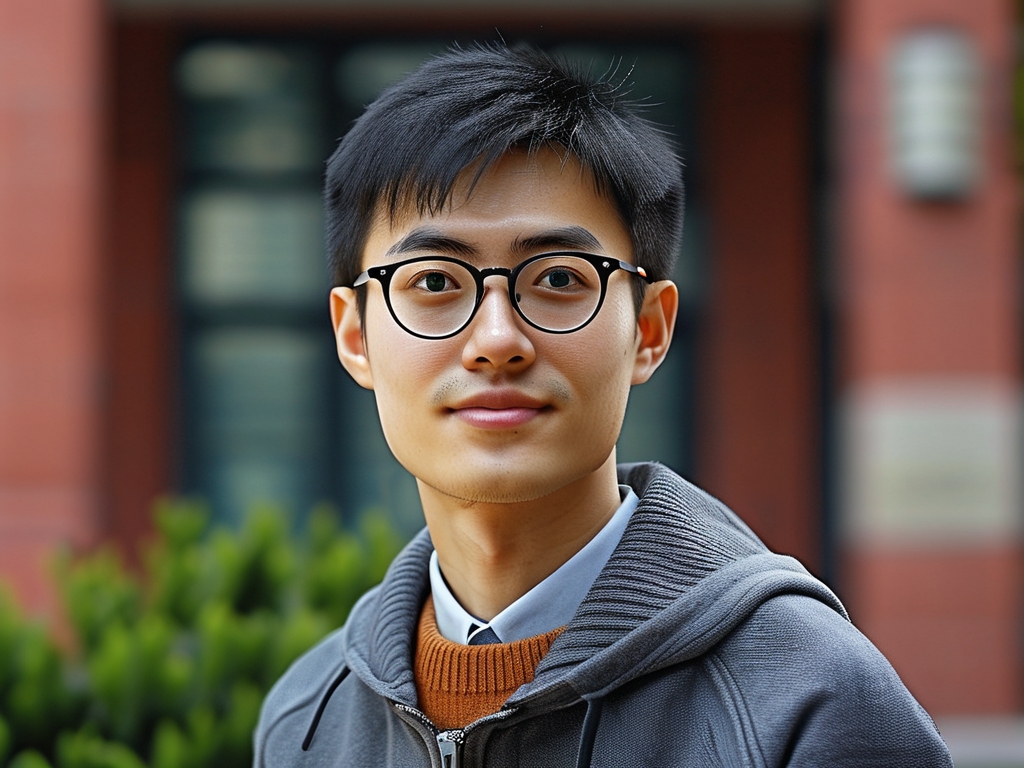In China’s competitive tech industry, Tsinghua University stands as a beacon of excellence, producing some of the nation’s most sought-after algorithm engineers. These professionals, equipped with cutting-edge technical skills and rigorous academic training, command impressive compensation packages that reflect both their expertise and the high demand for their talents. This article explores the (compensation and benefits) of Tsinghua-trained algorithm engineers, analyzing salary benchmarks, workplace perks, and career growth opportunities.
1. Industry Demand and Salary Benchmarks
Algorithm engineers from Tsinghua University are highly valued across industries such as artificial intelligence, autonomous systems, fintech, and big data. According to a 2023 report by recruitment platform Liepin, entry-level algorithm engineers from top-tier Chinese universities like Tsinghua earn an average annual salary of ¥350,000–¥500,000 ($48,000–$69,000). Mid-career professionals with 5–8 years of experience often see their earnings rise to ¥800,000–¥1.2 million ($110,000–$165,000), while senior roles at tech giants like ByteDance, Tencent, or Alibaba can exceed ¥2 million ($275,000) annually.
Tsinghua graduates benefit from the university’s strong industry partnerships. For instance, companies like Huawei and SenseTime actively recruit from Tsinghua’s computer science programs, offering signing bonuses of up to ¥200,000 ($27,500) to secure top talent.
2. Beyond Base Salary: Comprehensive Benefits
Compensation packages for Tsinghua algorithm engineers extend far beyond base pay. Key benefits include:
- Stock Options/RSUs: Tech firms often grant restricted stock units (RSUs) as part of compensation. A senior engineer at Baidu, for example, might receive RSUs worth ¥500,000 ($69,000) vesting over four years.
- Housing Subsidies: To offset high living costs in cities like Beijing and Shenzhen, companies provide housing allowances ranging from ¥3,000–¥10,000 ($410–$1,375) monthly.
- Education and Training: Continuous learning is incentivized through sponsored certifications (e.g., TensorFlow Developer) and subsidies for advanced degrees.
- Health and Wellness: Premium insurance plans covering family members, gym memberships, and mental health support are standard.
3. Career Advancement and Global Opportunities
Tsinghua’s global reputation opens doors to international roles. Alumni working at U.S.-based firms like Google or Meta report salaries aligned with Silicon Valley standards—often exceeding $200,000 annually for mid-level positions. Additionally, many Tsinghua engineers transition into leadership roles within 8–10 years, becoming CTOs or heads of AI research divisions.
The university’s alumni network further amplifies career growth. Annual Tsinghua tech summits connect graduates with venture capitalists and startup founders, fostering entrepreneurship. Notably, Tsinghua-affiliated AI startups like Megvii (Face++) often prioritize hiring alumni, creating a self-reinforcing cycle of opportunity.
4. Comparative Advantages Over Other Institutions
While graduates from Peking University, Zhejiang University, and Shanghai Jiao Tong University also secure high-paying roles, Tsinghua engineers enjoy distinct advantages:
- Research-Backed Expertise: Tsinghua’s AI research labs, such as the Institute for Artificial Intelligence, collaborate directly with industry leaders, ensuring graduates possess hands-on experience with real-world projects.
- Government-Backed Initiatives: As a key player in China’s national AI strategy, Tsinghua graduates are frequently recruited for state-sponsored projects, which offer stability and unique R&D challenges.
5. Challenges and Considerations
Despite attractive compensation, Tsinghua algorithm engineers face intense workloads. A 2022 survey by Zhihu (China’s Quora) revealed that 68% of engineers in top tech firms work over 60 hours weekly. Burnout rates are a growing concern, though companies counter this with sabbatical programs and flexible work arrangements.

Moreover, geopolitical tensions have impacted opportunities abroad. U.S. visa restrictions and export controls on AI technologies sometimes limit international assignments, pushing more graduates toward domestic roles.

6. Future Outlook
The demand for Tsinghua-trained algorithm engineers shows no signs of slowing. With China’s push for semiconductor self-sufficiency and AI-driven industries, salaries are projected to grow by 10–15% annually through 2030. Emerging fields like quantum machine learning and neuromorphic computing will likely create niche, high-reward roles for specialists.
In , Tsinghua algorithm engineers enjoy compensation packages that rank among the highest in China’s tech sector, bolstered by comprehensive benefits and unparalleled career mobility. While challenges exist, the combination of academic prestige, industry demand, and strategic government support ensures that Tsinghua remains a launchpad for lucrative and impactful careers in algorithm engineering.







